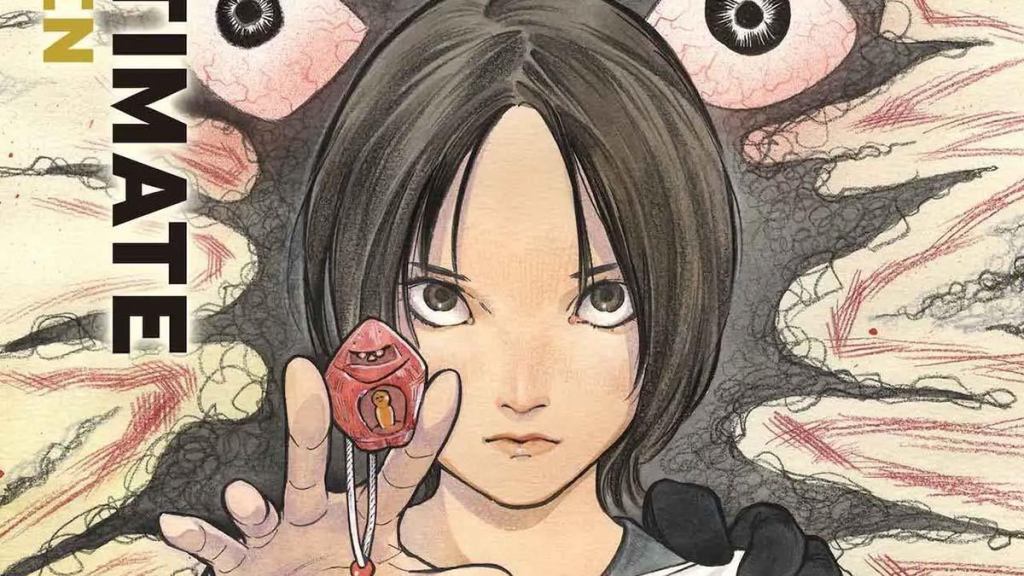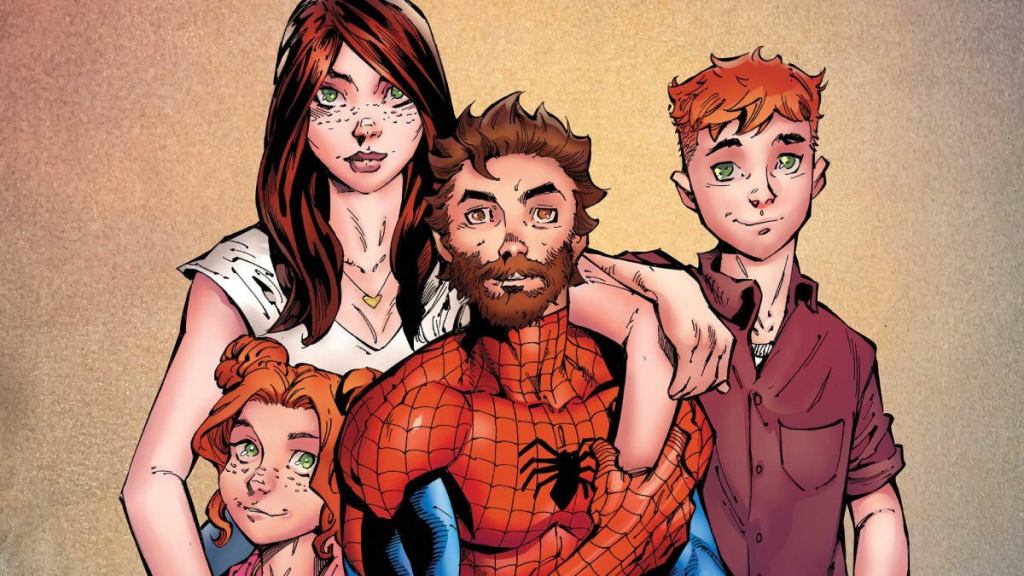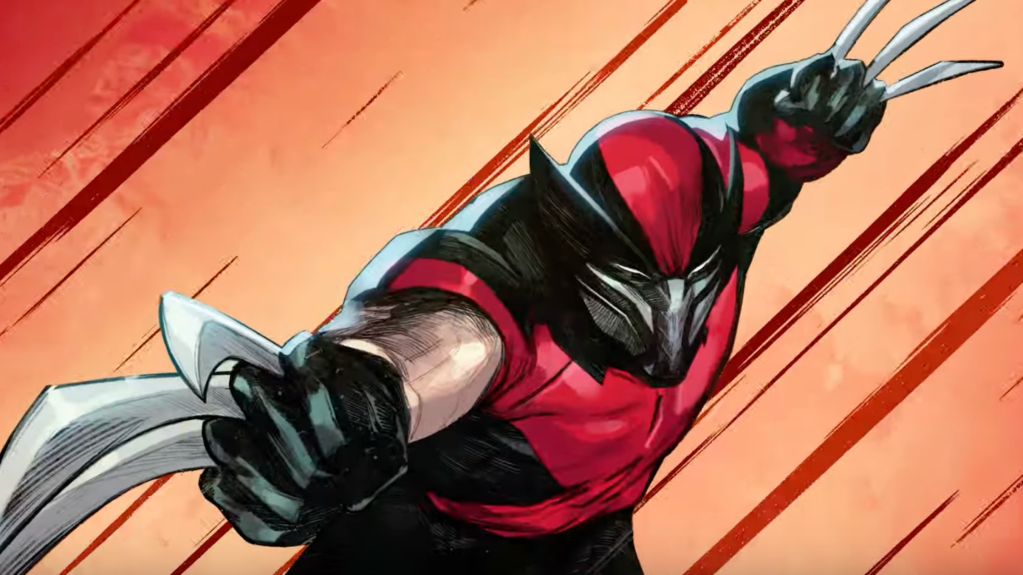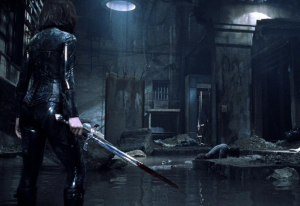In the year 2000, Marvel was coming out of a long dark period. The ’90s had started well for the publisher, but the burst of the comic collector bubble almost destroyed the entire industry, with Marvel going bankrupt. The late ’90s saw Marvel doing their best to pull out of their death spiral, which they were more or less successful at by 2000, under the leadership of new editor-in-chief Joe Quesada: The company introduced the Ultimate Universe, a reboot that birthed a new Marvel Universe, one that readers could get in on at the ground floor. Ultimate Marvel was wildly successful for several years, combining the edginess of ’00s pop culture with classic Marvel stylings, but by the mid-00s, the gild was off the lily, so to speak.
Videos by ComicBook.com
The old Marvel Ultimate Universe limped on until 2015 when Secret Wars brought it to an end. Ultimate Marvel became something of a boogeyman in the comic industry; a cautionary tale about allowing edginess to overshadow story. That’s why it was such a surprise when Marvel announced Ultimate Invasion in November of 2023 – a story meant to bring back the Ultimate Universe. The new Ultimate Universe began its run with Ultimate Spider-Man, Ultimate X-Men, and Ultimate Black Panther. Since then, the books have been wildly successful, partly because they are nothing like what came before them. These books are taking the lessons of the old Ultimate Universe and learning from them.
The Old Ultimate Universe Copied Where The New Ultimate Universe Innovates

The original Ultimate Universe was a big idea at the time. Marvel had never rebooted its continuity before, so starting a Marvel Universe from scratch with contemporary themes was a huge deal. Sales showed that the company had made the right decision. Young fans could do what the Marvel fans of the 1960s did and watch the company develop from scratch; sure, the characters weren’t new, but the universe was.
However, there was a little problem with that, and it was actually that there was very little that was actually “new” about the Ultimate Universe. Ultimate Spider-Man and Ultimate X-Men took ideas from the original Spider-Man and X-Men comics and basically adapted them for the modern age; Spider-Man fans got Venom, Carnage, a clone saga, the Sinister Six, and Gwen Stacy, while X-Men fans got all new versions of Proteus, the Hellfire Club, the Jean/Scott/Logan love triangle, and the Dark Phoenix. The Ultimates and Ultimate Fantastic Four were able to sidestep adapting stories from the old universe, but they were still very much in debt to the Marvel comics of yesteryear.
This was the greatest weakness of the old Marvel Ultimate Universe, especially as time passed and the A-list writers who made it special – Mark Millar and Brian Michael Bendis – moved away from their roles as masterminds of line. Eventually, the Ultimate Universe was just figuring out new ways to do old stories and it stopped working. The Ultimatum storyline smashed the Ultimate Universe, giving it a chance at a new beginning, but readers stopped caring because everything had gone grimdark, with heroes and villains dying to take things in a new direction. Other than Miles Morales taking the place of Ultimate Peter Parker, the Ultimate comics, post-Ultimatum, had no momentum and even fewer fans. Even the return of Mark Millar couldn’t save the line.

Looking at the new Ultimate Universe, it feels like they are immediately sidestepping the biggest problem the old Ultimate Universe had. These books aren’t trying to be the same old Marvel Universe, remade in the 2020s: The new Ultimate books are completely different from what came before. They take the broad strokes – a person with spider powers, people born with special abilities, the monarch of an ancient but advanced civilization, and a team of the most powerful and skilled heroes on Earth – and throw them into a world where a clone saga redux would be laughable; where seeing a new version of Dark Phoenix for the umpteenth time would be ridiculous. The new Ultimate Universe is full of energy because it feels like anything could happen, which isn’t a feeling one got from the old Ultimate Universe, even at its height. The creators didn’t set out to recreate something – they wanted to create something new and they succeeded.
The epitome of this difference is found in Spider-Man. The 2000s Ultimate Spider-Man comic series was Brian Michael Bendis doing a retelling of Peter Parker/Spider-Man’s original comic run in the modern context of a 21st-century world and youth culture. The new Ultimate Spider-Man series from Jonathan Hickman took the bold swing of rebuking decades of Marvel mandates and telling the obvious new story Spider-Man needed: an older Peter Parker trying to be Spider-Man when he’s already married to Mary Jane and has two children. Hickman’s Ultimate Spider-Man has been the flagship series for the new Marvel Ultimate initiative and has been a breakthrough success, even getting mainstream fans to pay attention to this new era of Peter Parker’s story. It’s a step that the regular Marvel Universe never dared to take, and a bold re-invention of purpose for the Ultimate Universe, as a long-form testing ground of some pivotal “What If?” concepts that are worth fleshing out as bigger stories. The same goes for a Black Panther world where the Panther god clashes with the moon god (Moon Knight’s Konshu); Vibranium is a living entity; and the geo-politics of Wankanda, its rulers, allies, and foes, are all wonderfully different from what we know.
The New Ultimate Universe Has Nowhere To Go But Up

One need only look at something like Ultimate X-Men to see just how different the new Ultimate Universe really is. It’s a horror manga starring a team of teenage Japanese girls as they try to figure out exactly what being a mutant means in a place where there’s as much magic as there is science. It’s still about a group of people dealing with their powers – powers that make them hated outcasts – but everything else about it is different. It’s pushing the concept of the X-Men into entirely new places. Not every Ultimate book is that out there – Ultimate Spider-Man and Ultimate Black Panther, for example, are at least familiar in concept to fans of the 616 versions of each character – yet they tell their stories in new ways, taking the familiar and tweaking it just enough so that fans are getting something they wouldn’t be getting in the main universe. This is what a line set in an alternate universe should actually be; not there to slavishly do a “modern take” on the original material, but to take it in new directions.
The first year of Marvel’s new Ultimate Universe has been a success, and that looks to continue in the year to come. The central conceit of this Ultimate Universe – that it was created as a place where the heroes could never gain a foothold thanks to the machinations of the Reed Richards of Earth-1610 (aka “The Maker”) – lends so much potential to the books coming in the year ahead.
The first new Marvel Ultimate book of 2025 is Ultimate Wolverine, which isn’t trying to be a regular Wolverine book, and that has fans excited. The old Ultimate Universe failed because it was too devoted to its source material and by the time it tried to go its own way, no one cared. The new Ultimate Universe is succeeding because it only ever wanted to go its own way, and as long as it keeps blazing its own path, readers will stay with it.
Marvel Ultimate comics can be read at Marvel.








